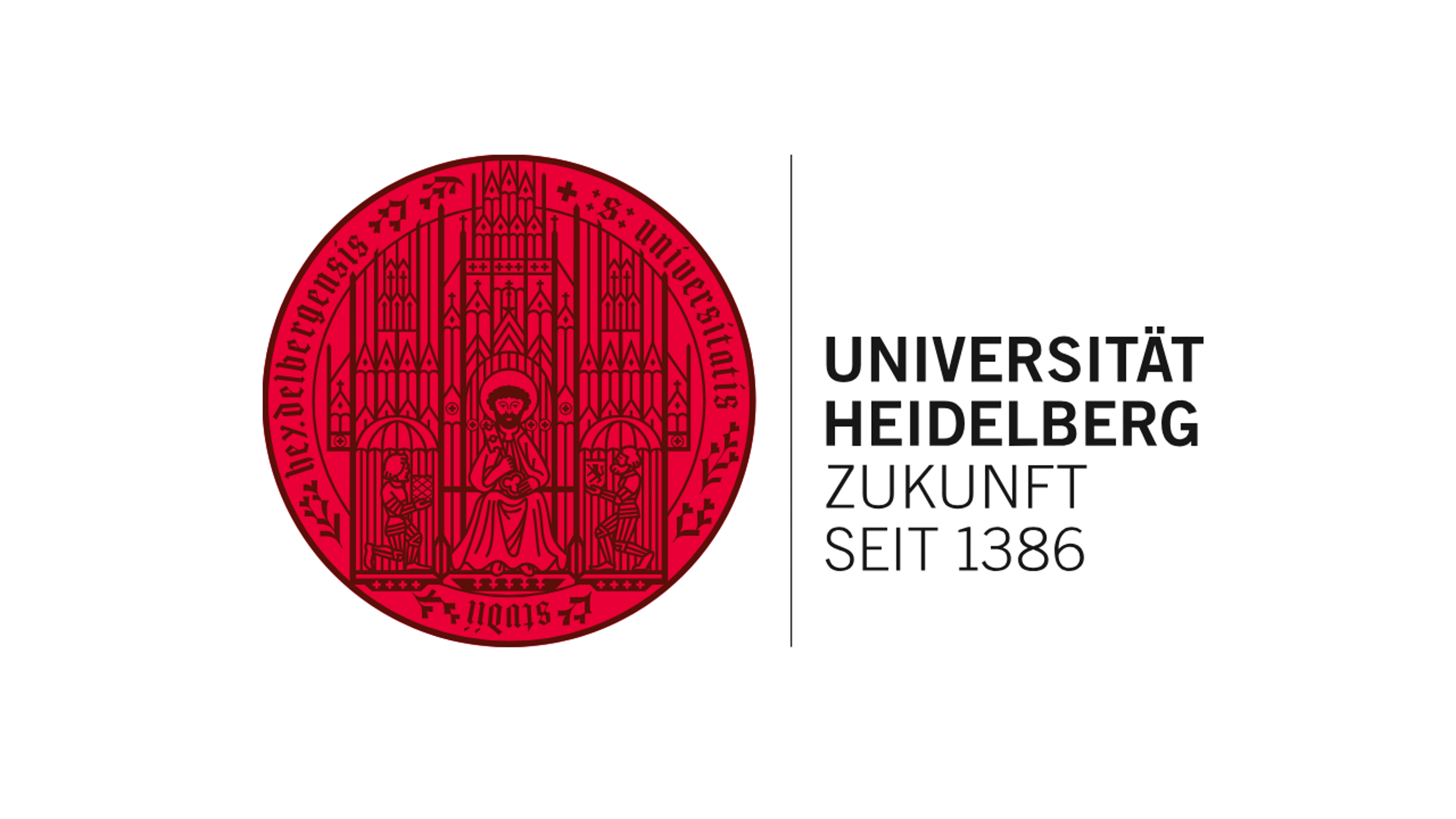
Network News

Clinical medicine and medical technology internationally in 18th position – top placements for biological sciences and human biological sciences With clinical medicine and medical technology, Heidelberg University is among the best representatives of the medical sciences worldwide. In the 2025 Global Ranking of Academic Subjects, both rank 18th internationally. Clinical medicine thus continues to hold […]
read more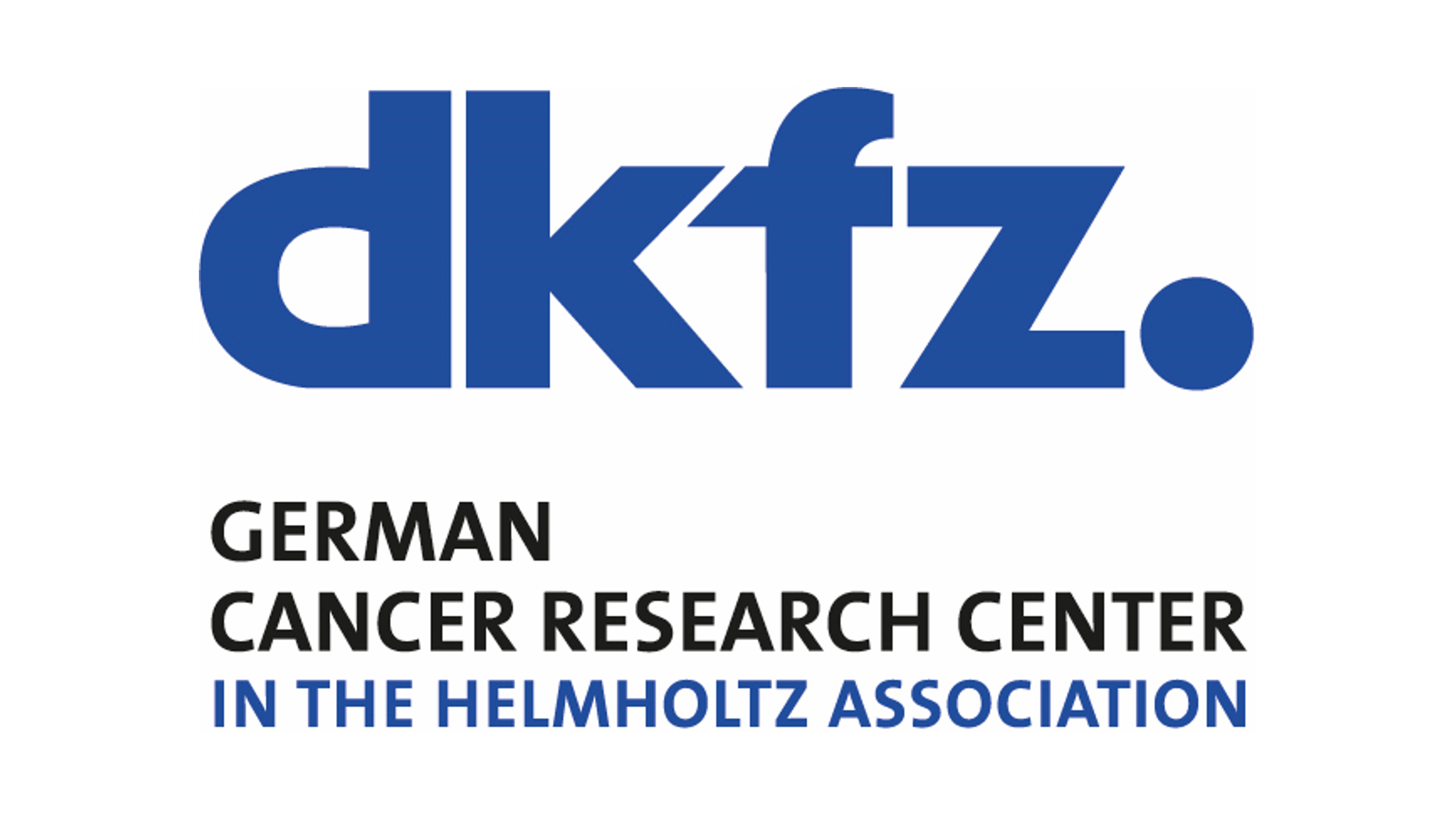
Lautenschläger Prize for Young Scientists 2025 awarded to Lukas Bunse
As a clinician scientist at the German Cancer Research Center (DKFZ) and the Mannheim Medical Faculty of Heidelberg University, neurologist Lukas Bunse is investigating how the body’s own immune system can be supported in fighting brain tumors. For this work, he has been awarded the Lautenschläger Prize for Young Scientists, which is endowed with €25,000. […]
read more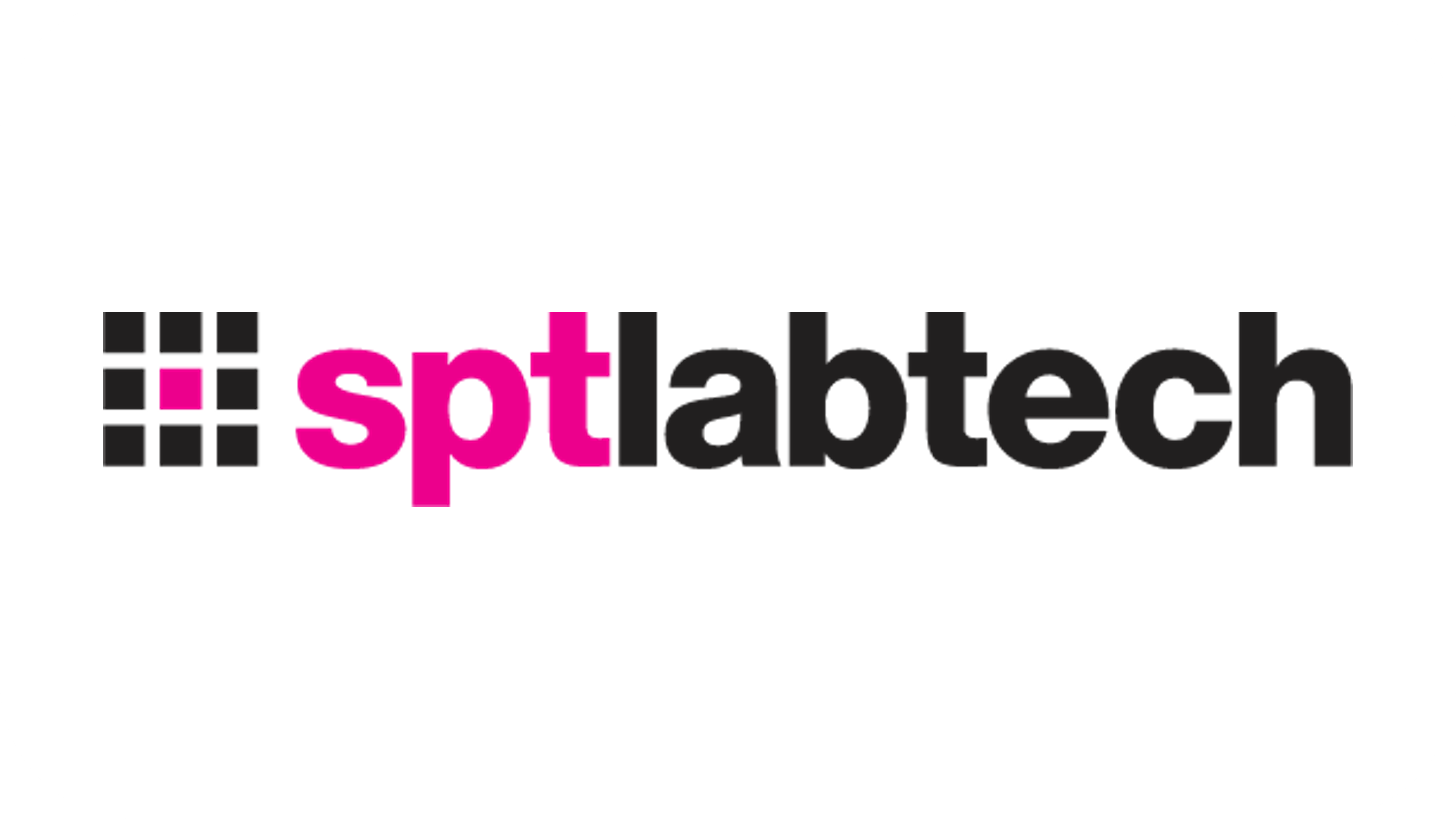
SPT Labtech enables automated PacBio Kinnex full-length RNA-seq library preparation workflow on SPT’s firefly platform
Cambridge, UK, 20 November 2025: SPT Labtech, a global leader in the design and development of laboratory automation and liquid handling solutions, today announced a collaboration with Pacific Biosciences (PacBio), a pioneer in long-read sequencing, to automate PacBio’s Kinnex™ full-length RNA-seq library preparation on SPT Labtech’s firefly® liquid handling platform. The automated workflow will improve reproducibility […]
read more
Ovesco takes the next step in metabolic bariatric endoscopy and invests in Transduodenal Concepts
Ovesco Endoscopy AG from Tübingen is investing almost € 1 million in the company Trans-Duodenal Concepts GmbH, Mannheim, to jointly promote innovative solutions in the field of metabolic-bariatric endoscopy. Around one billion people worldwide are affected by metabolic syndrome and its manifestations such as obesity, diabetes, hypertension and fatty liver disease. The Mannheim-based start-up Trans-Duodenal […]
read moreUniversität Heidelberg Succeeds with Three Funding Applications for Collaborative Research Centres
DFG grants around 35,6 million euros to extend two transregional consortia and one CRC Heidelberg University has been successful in the current approval round of the German Research Foundation (DFG) with three grant applications for major research consortia. In the life sciences and medicine, a Collaborative Research Centre working on the Wnt signaling pathway will […]
read more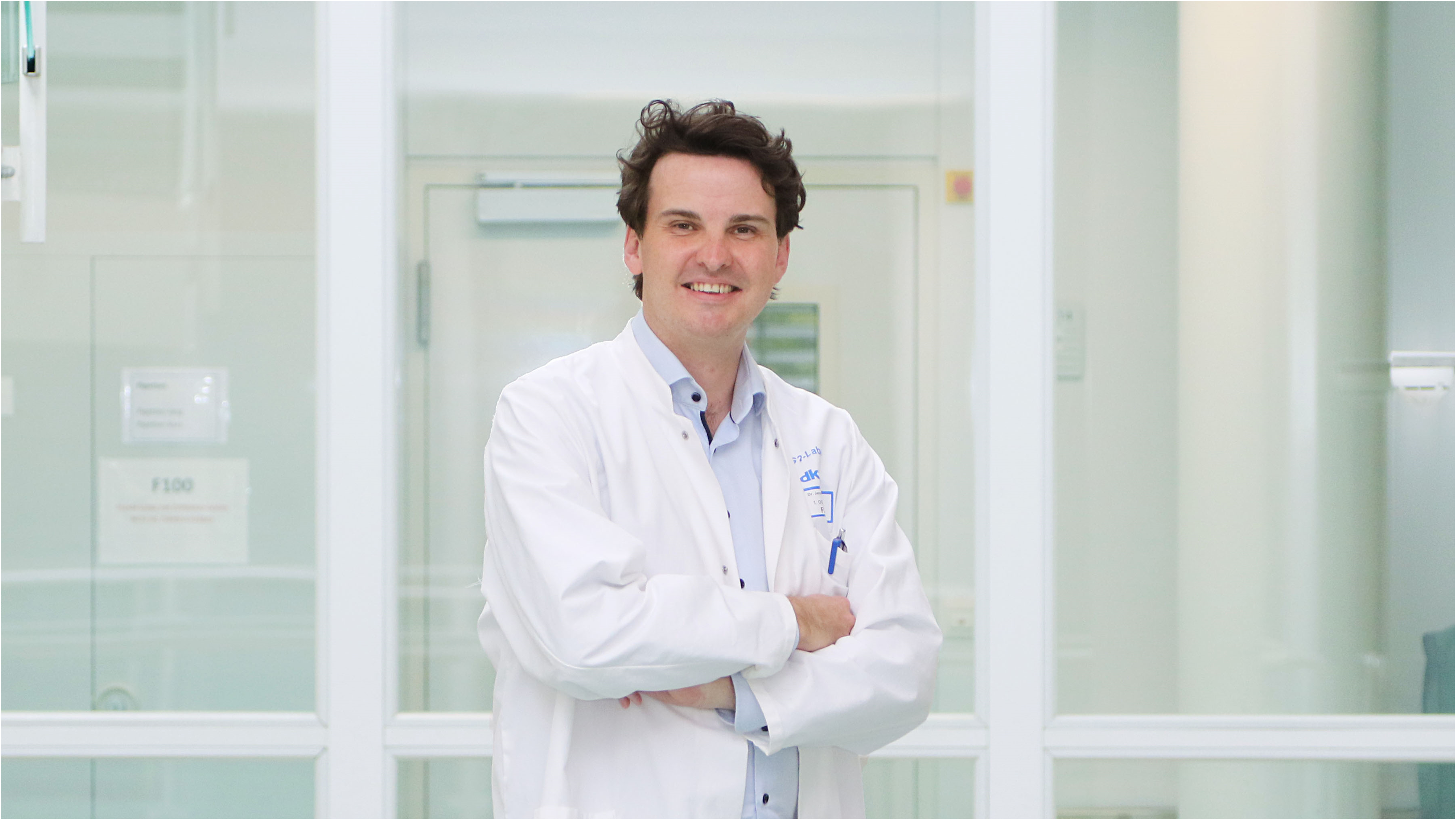
How bacteria can cause cancer: Research award for Jens Puschhof
Jens Puschhof, junior research group leader at the German Cancer Research Center (DKFZ), receives the 2026 Research Award from the Peter and Traudl Engelhorn Foundation. The foundation honors the young scientist for his research on the influence of bacteria on the development and spread of cancer. Jens Puschhof is analyzing the close interactions between tumor […]
read more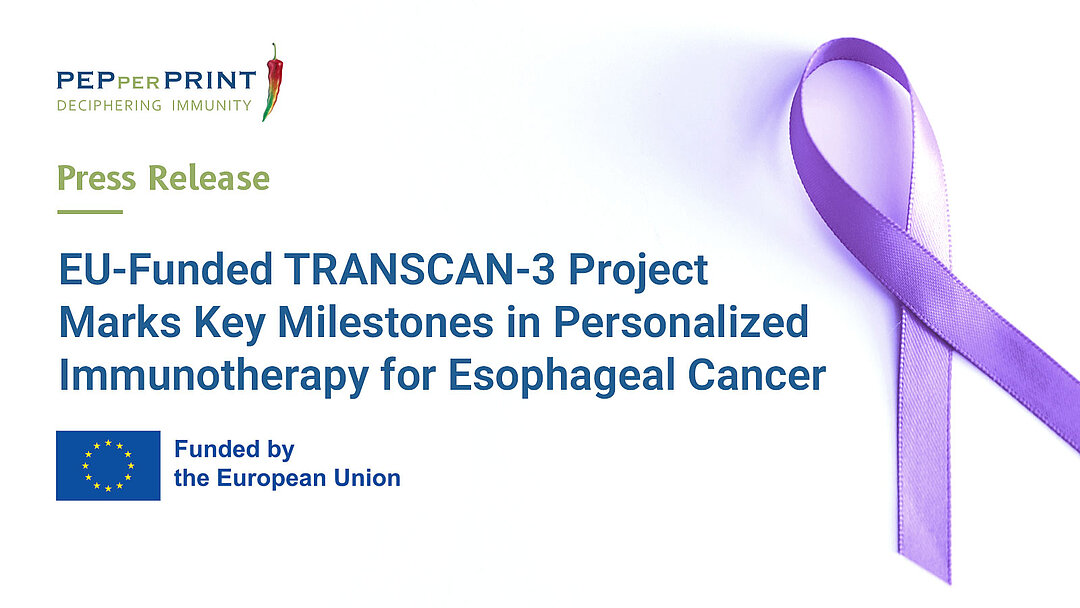
PEPperPRINT GmbH: EU-Funded TRANSCAN-3 Project Marks Key Milestones in Personalized Immunotherapy for Esophageal Cancer
The TRANSCAN-3 project (T-PLEX EAC), funded by the European Union, is approaching the end of its second year with significant progress in developing personalized adoptive T cell therapies for patients with esophageal adenocarcinoma (EAC). EAC remains the most common esophageal cancer in Western populations, and despite advances in chemotherapy, radiotherapy, and surgery, only around 20% […]
read more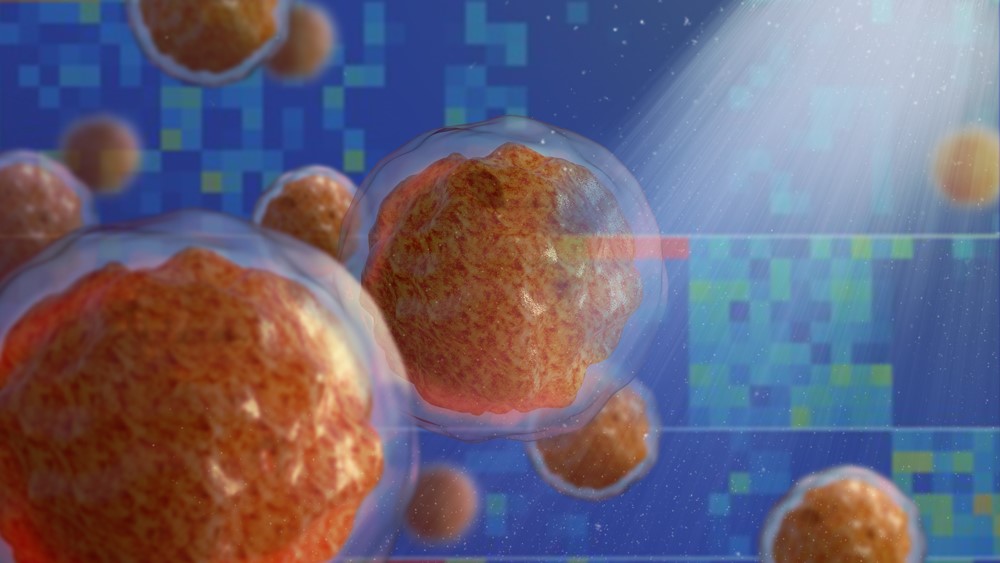
Inflammation rewires bone marrow microenvironment long before leukaemias develop
New research suggests that inflammatory support cells play a key role in damaging bone marrow early in cancer development – potentially offering a new target for treatments that stop blood disorders before becoming cancerous. Summary The following news article is an amended version of a news release from UMC Mainz Office of Communications, published with […]
read more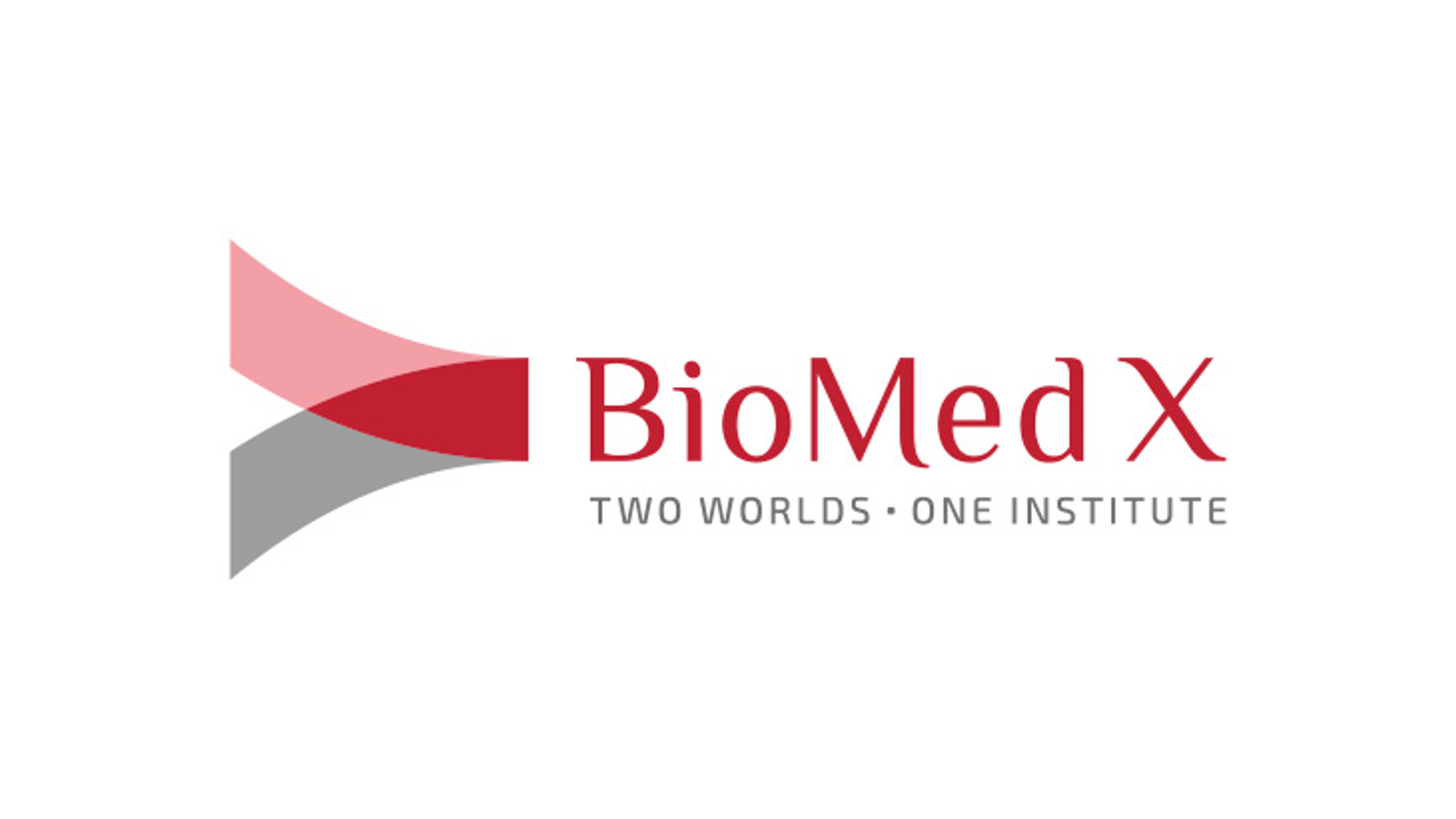
BioMed X Announces New Neuroscience Research Collaboration in the USA
New Haven, CT, USA, November 25, 2025 – BioMed X, a leading external innovation hub for pharma, announced today the launch of a new collaborative research project with AbbVie, hosted at the BioMed X Institute in New Haven, Connecticut. The topic of the new research project in the field of neuroscience is the development of “Circuit-Based Model […]
read more
